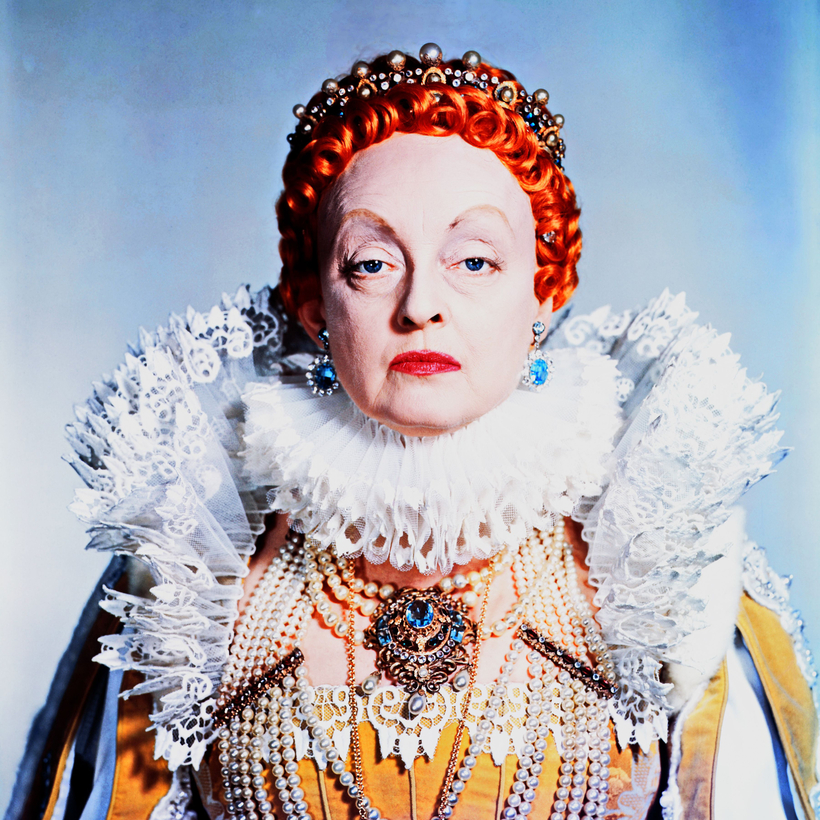Let’s face it, the English monarchy can be rather boring. Granted, a few individuals stand out, either because they were surprisingly competent (Alfred the Great, Edward III and the two Elizabeths) or more often because they were stupendously awful (Richard III, John, Aethelred the Unready, Henry VIII). The rest, to be honest, are pretty easy to forget; it’s difficult to distinguish most of those Edwards from most of those Henrys. And then there’s Aethelbald, Aethelbert and Aethelstan, notable mainly for their weird names. As David Mitchell speculates, pronouncing their names would probably have been much easier in a time of “catastrophically poor dental hygiene”.
To the rescue rides Mitchell, who could render an HMRC manual interesting. Mitchell, formerly of Peep Show, QI etc, is a funny man and (no surprise, really) a skilled historian. He studied history at Cambridge in the 1990s and has always impressed me with his detailed knowledge of early modern Britain. One senses that this book might be his revenge on past tutors who rendered his favorite subject dull (more on that later).
Unruly seems a very good window into Mitchell himself. It’s clever and amusing, but that’s to be expected. More importantly, one senses a hyperactive person whose mind is miles ahead of his keyboard. For instance, he interrupts a discussion of William the Conqueror with a rant about how annoyed he was that James Bond was killed off in No Time to Die. There’s a connection somewhere, but it’s easy to miss. Elsewhere, he complains that “The Age of Not Believing,” from Bedknobs and Broomsticks, lost the Oscar for best song in 1971 to the theme song from Shaft (“Who’s the black private dick that’s a sex machine to all the chicks? SHAFT!”). I feel his pain.
The rants alone are worth the price of this book. For not entirely logical reasons, Mitchell takes a rabid dislike to Edward the Confessor, an “all around jammy sod [who] comes down the centuries as insufferable. He’s such a virtue-signaler. I can totally imagine him on social media, taking pictures of himself praying.” He can’t leave Edward alone; the guy pops up whenever Mitchell works himself into a rage about monarchs. He’s also, predictably, contemptuous of Henry VIII, who “lived his life in public like a cross between Kerry Katona and Vladimir Putin”.
This book is like history written on LSD. At times, it’s gloriously bizarre, a kaleidoscope of light, color and feeling. Mitchell thinks Mary Tudor shouldn’t have been called Bloody Mary because most of those she executed were burned at the stake, not decapitated. “Beheadings feel bloody, burnings are more ashy. Or Smoky. Smoky Mary would sound quite sexy, like a jazz singer, but, from the sound of her, that too would have been inappropriate.” In the Wars of the Roses “the roses couldn’t do any of the fighting themselves … Still, pricks can draw blood and the aristocracy was full of them.” That interminable conflict reminds Mitchell of “disentangling a very long string of Christmas lights”.
David Mitchell interrupts a discussion of William the Conqueror with a rant about how annoyed he was that James Bond was killed off in No Time to Die.
At other times, to continue with the LSD metaphor, the focus is precise, the perception razor sharp. Mitchell is never encumbered by academic pretension or the rules of the history game. He says precisely what he thinks. The early kings, he feels, were like drug gangs “demanding ‘tribute’ and offering ‘protection’. Gradually, by the same method used by drug gangs to divide up LA, a system of government emerged.” Later, he argues that the “august foundation stones of the great British tradition of liberty, Magna Carta and parliament, are methods for dealing with kings who turn out to be arseholes or idiots”.
The Vikings, he writes, “were brilliant! Unless you met them personally, in which case they were awful. Bit like Peter Sellers.” King Stephen and Matilda, his queen, “were just colossally entitled posh people whose incompatible ambitions caused enormous suffering”. As for John: “Delightfully, his reputation is deserved and … the revisionists … have failed to put even a scratch on the gleaming paintwork of [his] famous shittiness.”
There’s something refreshingly raw about all this. Mitchell possesses a weirdly appropriate lack of respect for his subject, stripping away the reverence that usually cloaks the monarchy and hides just how awful they were. “All those people with crowns are just chancers,” he writes. William the Conqueror and his gang were just “thieving thugs”. The period Mitchell covers, from the Anglo-Saxon kings to Elizabeth I, featured a “transmogrification of the office of king from top thug into something supposedly sacred and noble”. Their foremost skill lay in selling themselves.
Stripped of the finery, devoid of reverence, these monarchs emerge as mortals with ordinary flaws. “We can’t know what their feelings really were,” Mitchell regrets. “There are so many centuries between us and them and their world was, by our standards, weird. But they still ate and drank and lived and died and hoped and lusted and feared and felt lonely.” The honesty of these little portraits allows a few monarchs to be admired and a lot to be deeply despised.
“Need I say I’m not a historian?” Mitchell interjects. That raises an interesting question: what makes a historian? My former colleagues might argue in favor of a rigid definition based on scholarly credentials. Within the profession there’s a magic circle in which only those who speak the secret, jargon-laced language are admitted. Mitchell is delightfully contemptuous of that lot. “Their favorite thing is saying that previous academics have got it wrong,” he writes with appropriate disdain. They have distilled the discipline down to something so pure that it’s palatable only to themselves. In the process they have lost touch with those for whom the past seems fascinating and fun.
Mitchell is, in that sense, an old-fashioned historian who merely wants to return to the joys he experienced as a boy, before the “experts” made history dull. This is Horrible Histories, but for grown-ups; Mitchell tells stories that are interesting and fun. I learned a lot and laughed a lot. I can imagine that people who have never before picked up a history book will read and enjoy this one. That’s an accomplishment.
Amid all the jokes, profanity and delightful nonsense, Mitchell sneaks in a serious message about English identity. England is an old country and a country that delights in being old. That endless line of monarchs, largely mad, bad and evil, provides a reassuring chain of tradition that joins then to now. “England’s existence is inextricably linked to the continuity of its institutions,” Mitchell argues.
Although he’s delightfully contemptuous of all the monarchical nonsense, he stops short of advocating abolition. “What do we stand for really? Freedom and democracy? Tradition and hierarchy? Bad food and sarcasm?” It’s nearly impossible to find a point of commonality. “Monarchy,” he writes, “is what England has instead of a sense of identity.”

Gerard DeGroot is a professor of modern history at the University of St. Andrews and the author of several books, including The Bomb: A Life and The Seventies Unplugged


